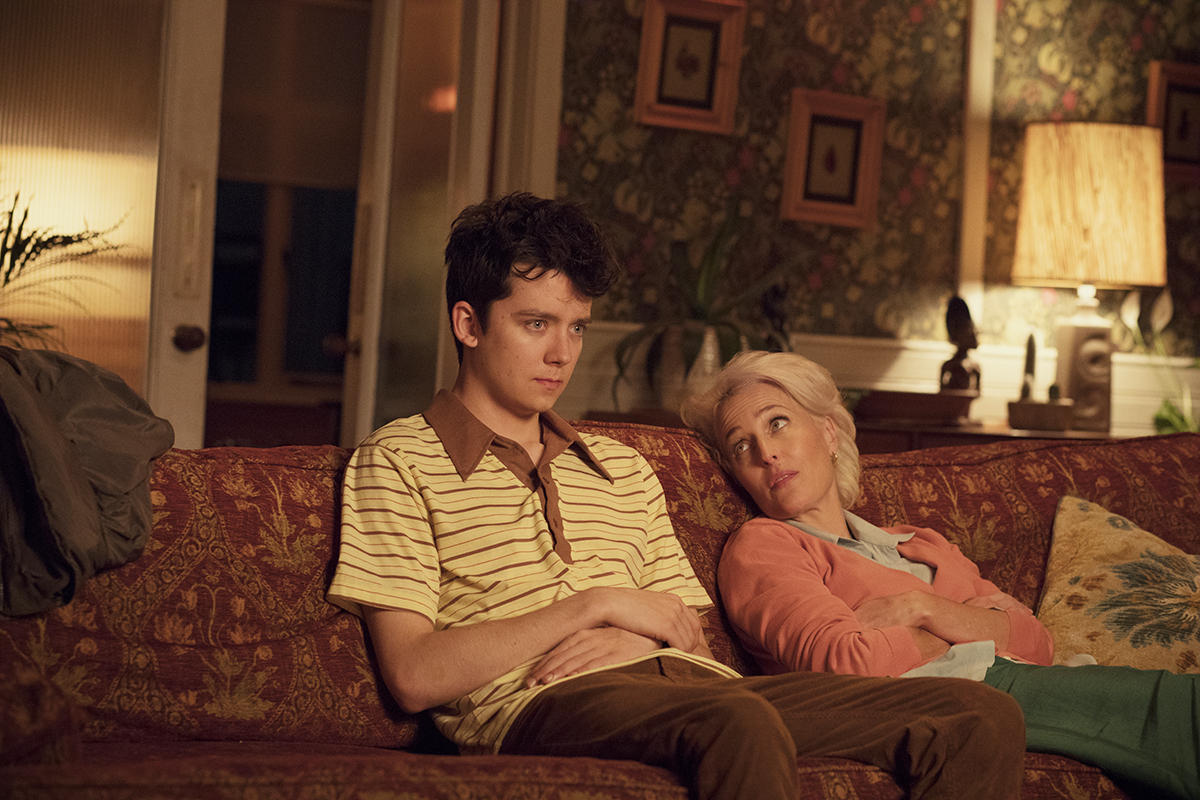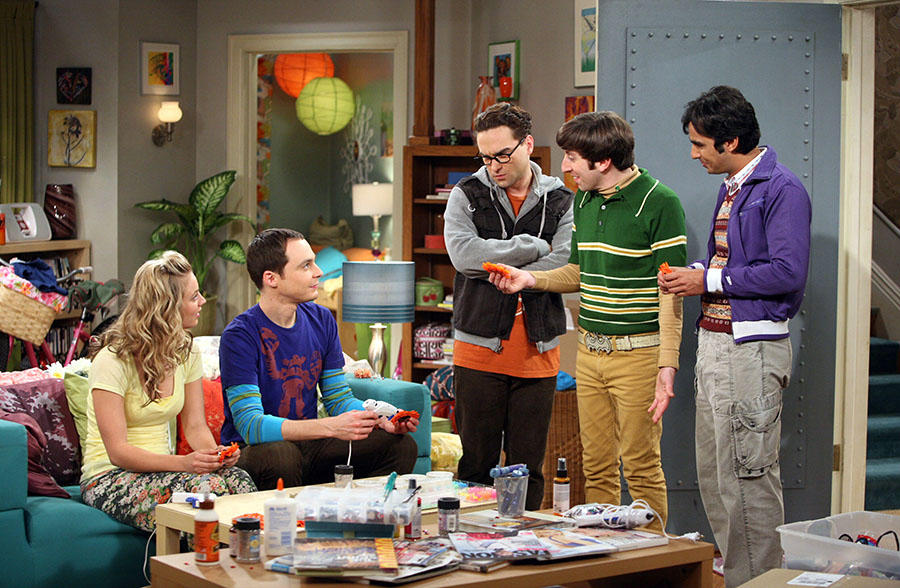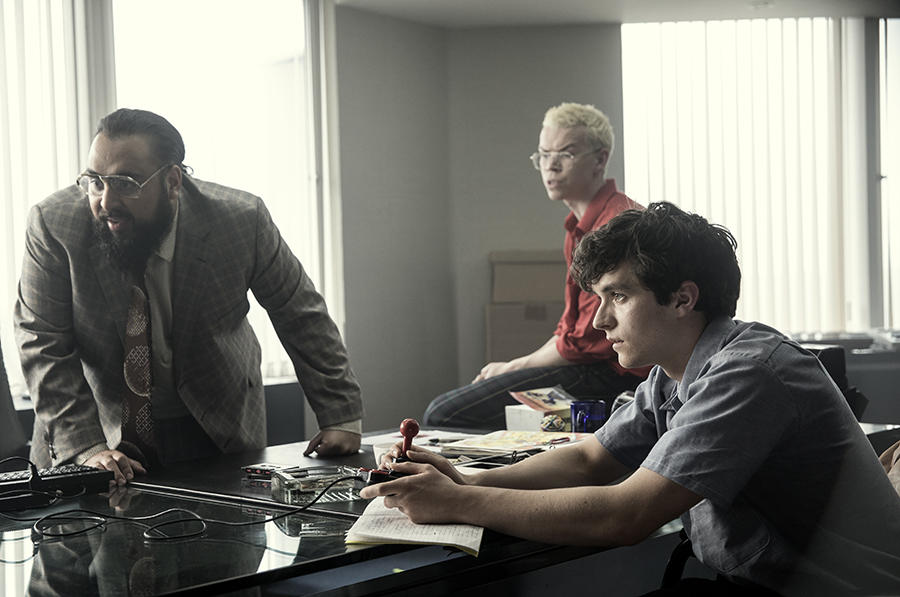You are here
Are fans of TV series addicts or control freaks?
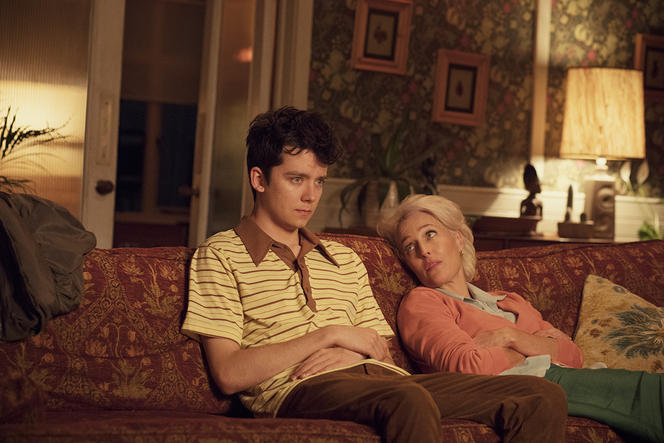
With cinemas and theatres closed, and little or no live sporting events, viewership of television and streaming series since the beginning of the Covid-19 pandemic has risen by 20% compared to the previous year.1 Many people even binge watch episodes into the small hours, perhaps finding a moment of respite that helps them get through these challenging times.
Yet denouncing the apathy of screen addicts fails to get to the bottom of this widespread phenomenon. To gain a better understanding of this behaviour, my colleagues Stephanie Feiereisen, Cristel Russell, Hope Jensen Schau, and I conducted a study2 based on a body of personal accounts3 from sources including fan forum sites, viewing logbooks and interviews. The study helped us categorise the different habits of series lovers, who turned out to be far more proactive than initially expected.
Masters of their own universe
Some of the participants would directly intervene in the sequence of the story. A House of Cards enthusiast explained how fast-forward viewing enabled them to watch an entire 55-minute episode in less than 30 minutes. Others will, on the contrary, take the time to enjoy the programme by “spacing out” sequences, taking breaks while watching them, or even slowing down the playback speed using the options provided by some of the streaming platforms.
Some fans can go as far as deconstruct the story by only watching – or avoiding – certain types of scenes based on information available on forum sites such as “Gore Rating”, which selects the most violent footage in the series Vikings.
According to a contributor to one of the forums, “true” fans of Game of Thrones even memorise speeches delivered by the character Daenerys in the fictional language of Dothraki.

Peripheral to our study, but also worth mentioning, are petitions by show lovers to either have the ending changed, or more episodes produced – a strategy than can bear fruit as illustrated by “Amor Vincit Omnia”, the 120-minute final episode of Sense8, broadcast one year after the series was cancelled. Fan fiction, or storylines written by fans themselves, is also an interesting phenomenon, as illustrated by the success of Fifty Shades of Grey, a novel inspired by the Twilight films, and which sold 40 million copies worldwide.
Connected to stay in the know
Our study also shows that the experience of certain followers extends beyond the actual series, as they adopt an original transmediaFermer“A process where several elements of a story are distributed across different media platforms to create a coordinated and unified entertaining experience. Ideally, each medium brings a unique contribution to the development of the story.” (Henry Jenkins, former professor at MIT, 2003). This could mean creating a website featuring biographies of the characters in the series, or even a game where viewers need to find the answer to a question left hanging in the original series. approach. Some log onto the forums to make sure they have understood an episode. Others prefer to find out what will happen before they even watch it, in order to feel in control. Otherwise, as one of the interviewees puts it, “I sometimes get nervous, and if the ending is not what I was hoping for, then I’d rather not see it. I want to be sure I’ll like it… It makes me feel safer.”
Surprisingly, spoilers are actually more popular than it seems. When one of the main characters on The Good Wife died, a fan was happy to have read about it beforehand. She said it was better that way, as it had prepared her for the shock.
Should this “craving for control” and emotional “management”, specific to our times, reach new heights in the future, it would be worth reflecting on what that says about our society as a whole – and how it also makes its way into fiction and the imaginary, which are usually conducive to letting go.
Voracious appetites with a skill for multitasking
More commonly, many fans enjoy getting completely immersed in a story and want to be transported to different worlds. “When I watch (…) I get the impression I’m back at school, hanging out with my clever group of friends,” recounts an adept of The Big Bang Theory. With its negative effects, like a feeling of bulimia or indigestion, followed by regret for not having stopped earlier, binge watching4 is part of this context. A House of Cards follower recalls watching an entire season over a single weekend, not only to find out the ending, but mostly to “remain in the vibe” of the show.
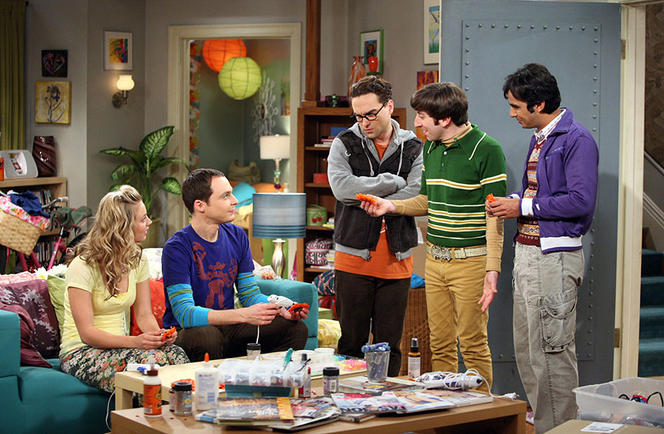
Our study also features multitasking practices, where viewers perform other tasks while watching, such as doing the ironing, the cleaning, cooking, or even working, but only “provided what they have to do isn’t too demanding”, says a fan. The choice of series will depend on the activity. Viewers have no qualms about missing a crucial part of the show for example because they know they can always rewind back to it.
Watching series like reading books
Our findings show that digital media, combined with easy access to many episodes, enable followers to control how much they watch, as they would do when reading a book. Viewers are freed from television broadcast schedules or from the decisions of a producer or scriptwriter regarding the unfolding of the story.
They can create their own scenario by speeding up, rewinding, skipping sections, or enhancing the experience with information found online, such as an actor’s biography, or interpretations of the meaning of a particular scene. These new practices have changed perceptions concerning the role of the audience, which rather used to be a passive and captive one.
The analogy to books also refers to the interactivity that now exists in some shows. Interactive episodes of Carmen Sandiego or the Black Mirror, including the famous Bandersnatch, called on viewers to make decisive choices regarding the progression and outcome of the story. This harks back to the “Choose Your Own Adventure” books popular in the 1980s. Producers and writers are eyeing video games as a way to offer viewers a large range of plots, with ever-increasing involvement in their unfolding.
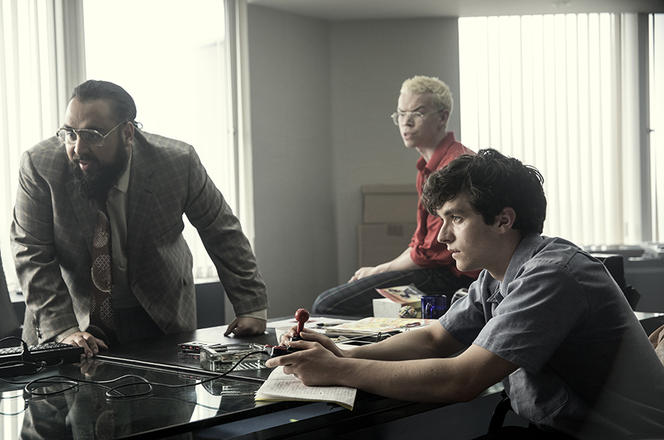
Such involvement is further encouraged by transmedia tools and social media. It is now possible to have access at all times to a community of followers ready to talk about new episodes, the latest theories, easter eggsFermerA nod to a different episode, or a different series or film. For example, at the end of episode 12 of the first season of Riverdale, Joaquin escapes to San Junipero, a fictional city, which is the title and main setting for episode 4 of season 3 of the anthology series Black Mirror. hidden throughout the show, or fan fiction, which brings to mind the more traditional book clubs.
Streaming platforms including Netflix and Amazon Prime Video have caught on to these trends. Although they offer the possibility to “skip 30 seconds ahead or back”, or “skip the credits”, it is interesting to note that Netflix now also proposes a “Live” button. This option enables viewers to revert to the conventional television channel model, thus going against these new control trends. The future will tell whether this more traditional option from a not-too-distant past, will prevail.
The points of view, opinions and analyses published in this article are the sole responsibility of the author. In no way do they reflect the position of the CNRS.
- 1. According to a French Hadopi media watchdog poll from May 2020, looking at viewership of digital cultural offerings during the lockdown (Consommation de biens culturels dématérialisés en situation de confinement), 51% of those aged 15 years or over watched streamed series on the Internet during the eighth week of lockdown, compared to 42% in May 2019.
- 2. “One Brand, Many Trajectories: Narrative Navigation in Transmedia”, Stephanie Feireisen, Dina Rasolofoarison, Cristel Russell and Hope Jensen Schau, published in the Journal of Consumer Research.
- 3. The researchers interviewed 21 participants, looked at 16 logbooks documenting viewing habits, read through 35 threads on specialised forums, and analysed 56 hours of video of volunteers who had accepted to film themselves while viewing their shows.
- 4. According to a December 2016 Médiamétrie poll of a representative group of 1,424 people in France, 59% of 15–24-year-olds watched more than three episodes at a time.



